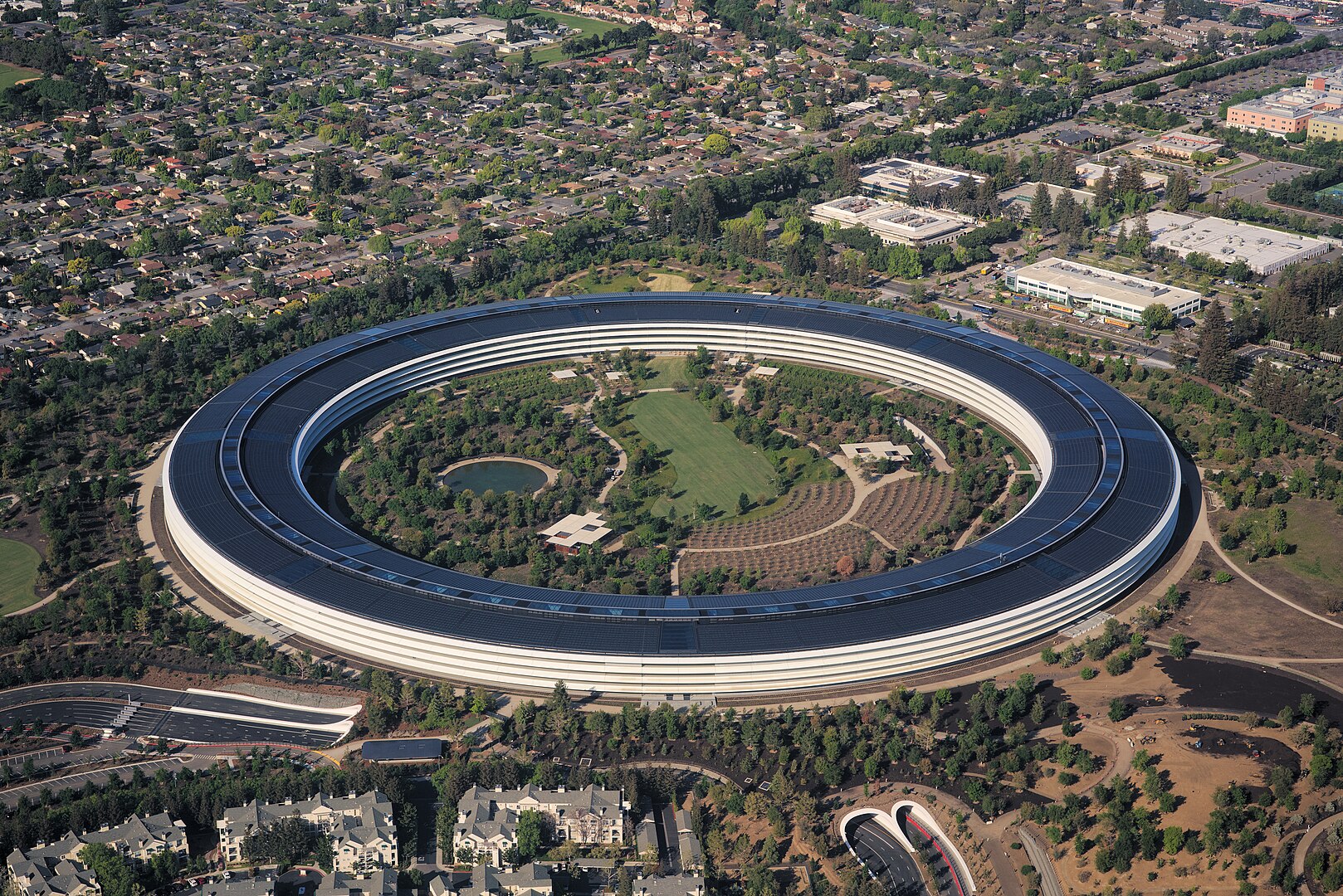 BBC News
BBC NewsBorrowing was £17.4bn last month, the second highest October figure since monthly records began in 1993.

Finito World
While Amazon has disrupted countless industries, these companies have found ways to thrive by leveraging their unique strengths. Whether through exclusivity, customer experience, or alternative business models, these businesses have successfully adapted to a world where Amazon dominates retail but doesn’t control every market.
1. Walmart
Walmart, long seen as Amazon’s biggest retail rival, has managed to hold its ground by aggressively expanding its online presence. With Walmart+, a subscription service designed to compete with Amazon Prime, and its acquisition of Jet.com, Walmart has embraced e-commerce while leveraging its vast network of physical stores for faster delivery and pickup options. A Walmart executive remarked, “We’re not trying to be Amazon—we’re playing to our strengths.”
2. Shopify
Rather than compete with Amazon directly, Shopify positioned itself as the go-to platform for independent e-commerce businesses. By offering small businesses a way to sell online without relying on Amazon, Shopify has thrived, even growing its merchant base as some brands sought alternatives to Amazon’s marketplace. A Shopify spokesperson noted, “Amazon dominates retail, but we empower entrepreneurs to build their own brands.”
3. Apple
As one of the few companies that can rival Amazon in terms of brand loyalty and product innovation, Apple has flourished despite Amazon’s tech ambitions. While Amazon sells Apple products, Apple maintains tight control over its ecosystem, ensuring its direct retail channels remain strong. Apple’s luxury appeal and exclusive in-store experience continue to drive its success. CEO Tim Cook once remarked, “Customer experience is everything, and that’s where we set ourselves apart.”
4. Costco
Costco has thrived by doubling down on its membership-based model and offering unbeatable value for bulk buyers. Unlike traditional retailers that struggled against Amazon’s low prices, Costco’s in-store-only discounts, private label Kirkland Signature products, and unbeatable in-store experience have kept it competitive. “We’re about quality and value, not just convenience,” a Costco executive said.
5. Nike
Nike initially partnered with Amazon to sell its products but later pulled out, choosing to focus on its direct-to-consumer strategy through its own website and retail stores. The decision paid off, as Nike strengthened its brand, increased its margins, and maintained full control over pricing and customer experience. “We don’t need Amazon to connect with our customers,” a Nike spokesperson declared.
6. LVMH (Louis Vuitton Moët Hennessy)
As a luxury brand powerhouse, LVMH has refused to sell its products on Amazon, maintaining exclusivity and premium positioning. While Amazon dominates mass-market retail, luxury brands like Louis Vuitton, Dior, and Moët & Chandon have thrived by keeping their products out of third-party marketplaces and focusing on in-store experiences and direct sales. “Exclusivity is key to luxury,” said LVMH’s CEO Bernard Arnault.
7. Tesla
Tesla’s success is built on its direct-to-consumer sales model, which bypasses traditional dealerships and platforms like Amazon entirely. Its strong brand loyalty, innovation, and ability to control every aspect of its customer experience have kept it thriving. Elon Musk once commented, “We sell experiences, not just cars, and that’s something you can’t get on Amazon.”
8. Etsy
While Amazon offers a vast array of products, Etsy has carved out a niche for handmade, vintage, and artisanal goods. By fostering a community of independent creators and focusing on unique, non-mass-produced items, Etsy has successfully maintained a marketplace that stands apart from Amazon’s high-volume approach. “We are the home for creativity and individuality,” an Etsy executive stated.
9. Home Depot
Home Depot has embraced e-commerce while leveraging its physical stores to offer something Amazon can’t—immediate access to large and bulky home improvement products. Its buy-online, pick-up-in-store model has been a winning strategy, and its professional contractor customer base keeps sales strong. A Home Depot executive noted, “Amazon can sell tools, but they can’t match the expertise and hands-on service we provide.”
10. Hermès
Much like LVMH, Hermès has remained resilient by avoiding Amazon entirely and maintaining its exclusivity. Known for its ultra-premium handbags, leather goods, and fashion, Hermès has continued to thrive due to its craftsmanship, heritage, and controlled distribution. “Luxury is about rarity and craftsmanship, not mass-market convenience,” a Hermès executive explained.